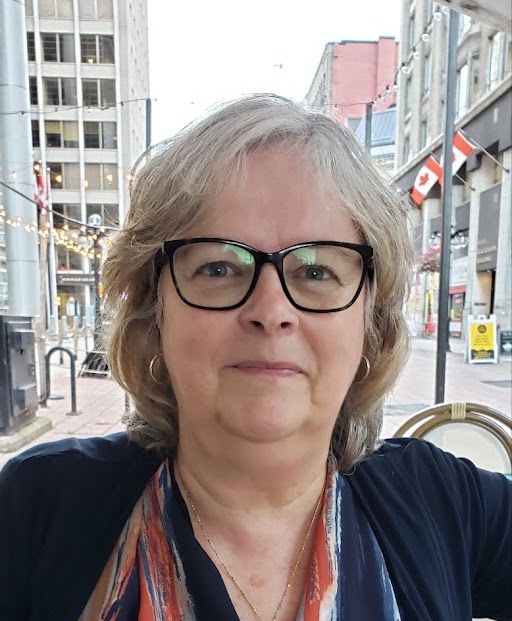Performing Arts & Language School – Ottawa
Communication, Bilingualism and Multilingualism - Opportunities for a Transitional Bilingual Education in Ottawa, Canada
At AcadeCap, we believe strong communication skills are built through learning in two or more languages. Multilingual exposure helps students express themselves clearly and understand others across cultures. As one of the leading language schools Ottawa families trust, our program nurtures early literacy and critical thinking from the start.
In the IB PYP, the language of instruction is French and English, with both languages being considered the primary language. The aim is for students to become competent communicators, understanding and expressing ideas and information confidently, orally and in writing, in both French and English.
Third Language Classes
Students in Grade 1 and up have the opportunity to study a third language, primarily Spanish as well as Mandarin, Cantonese, German, Polish, or Arabic, contingent on demand and teacher availability.
Students Grade 3 and up have the opportunity to prepare for the DELF examinations with an accredited DELF examiner-scorer
The PSSP (Grades 7–8), offered in either English only or with 40% French instruction, reflects a transitional bilingual education model that supports balanced proficiency. The Ontario Secondary School Diploma (OSSD, Grades 9–12), is delivered in English with the option to earn a French Immersion Certificate.
Additionally, the AcadeCap team and the student community are from diverse backgrounds and the diversity of languages is celebrated at AcadeCap to further enrich language learning.
But true communication goes beyond words. That’s why we pair language learning with a vibrant arts program—including Visual Art, Media Art, Music, and Drama—giving students creative tools to share ideas, emotions, and stories.
Together, languages and the arts help our students become confident, expressive, and globally minded communicators.
Languages and Arts
Drama
Students participate in a variety of drama activities such as play writing, improv, shadow puppetry, role-play, clowning, storytelling, debating, and public speaking. They learn drama techniques such as proper breathing, articulation, and listening. They create and become a character and use this knowledge to participate in plays. Through the Units of Inquiry, students become time travellers learning about eras; wild animals when studying animal extinction; doctors, dentists, fire fighters, etc. when exploring the community.
The focus of the PSSP is to work in groups and to study the basics of drama. The drama curriculum is intended to help students to develop an understanding and appreciation of drama, as well as the ability to create works using the forms, elements, and techniques of various art disciplines. Through exploring drama, students will develop an understanding of themselves and others, and will learn about the lives of people in different times, places, and cultures. They will develop practical artistic skills, as well as critical-thinking skills and communication skills.
Music
At AcadeCap, we believe that learning to play a musical instrument plays a vital role in a child’s development.
Music stimulates every area of the brain and helps strengthen the connection between the two hemispheres. Music is an integral part of IB PYP and the PSSP curricula curriculum. Students learn music through active involvement in music-making, even music writing.
The music program correspondingly emphasizes learning to play the violin and keyboarding in group settings, differentiating music grade levels. Children have the opportunity to perform in school events. Ensemble performances are a very important part of music education, enhancing the self-esteem of a young person, and reinforcing an aesthetic understanding of music on a personal and social level.
An annual musical theatre production showcases our students' communication skills and artistry when doing backdrop and props, costumes, singing, acting, performing violin and keyboard pieces, and dances.
Through music, students engage physical, cognitive, emotional, social, and language skills—all at once. It’s a powerful, joyful way to support well-rounded growth and lifelong purposeful learning.

